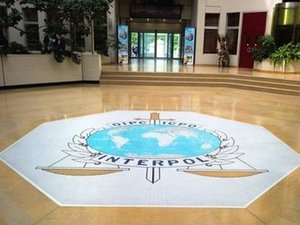Interpol Urges Airlines to Create Passport Database to ‘Prevent Terror Attacks’

Interpol urged the world's airlines on Tuesday to establish a passport database to help prevent terror attacks similar to the September 11, 2001 airline hijackings that targeted the United States.
Many terrorists travel on fake documents and a database would make it easier to detect stolen or fraudulent passports, the head of the cross-border crime fighting agency told an aviation conference in Singapore.
"It would have prevented the first World Trade Center bombing," Interpol Secretary General Ronald Noble said, noting that one of the attackers had entered the U.S. with a stolen passport.
"There are many, many, many cases with people travelling internationally that get trained as terrorists using false identity documents, so it would definitely prevent terrorist activity," he added.
Interpol -- which stands for the International Criminal police Organization -- has 188 member countries and facilitates cross-border police cooperation against international crime.
Noble said terrorists often travel to countries such as Afghanistan and Pakistan to receive bomb-making and weapons training.
"You must have a database that integrates information from travelers around the world," Noble stated.
"It would be so easy to put the numbers from stolen passports in that database and make sure that the other 500 million passengers have their passports screened."
But he warned that there was reluctance among airlines to share customer information, helping to leave gaps in the screening system.
"Since 1993 this problem's been there and the last year, a half a million passengers were able to travel internationally without having their passports checked," he said.
"The industry could care about it but it doesn't appear to care about it. It should care about it, it can't rely on the government to keep your planes, your passengers safe, and so you should care about this."
